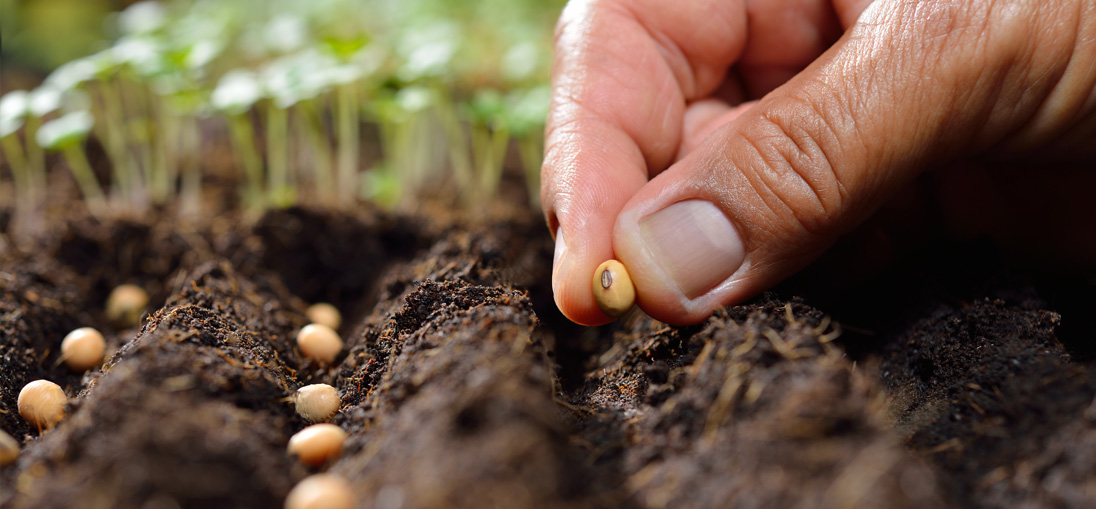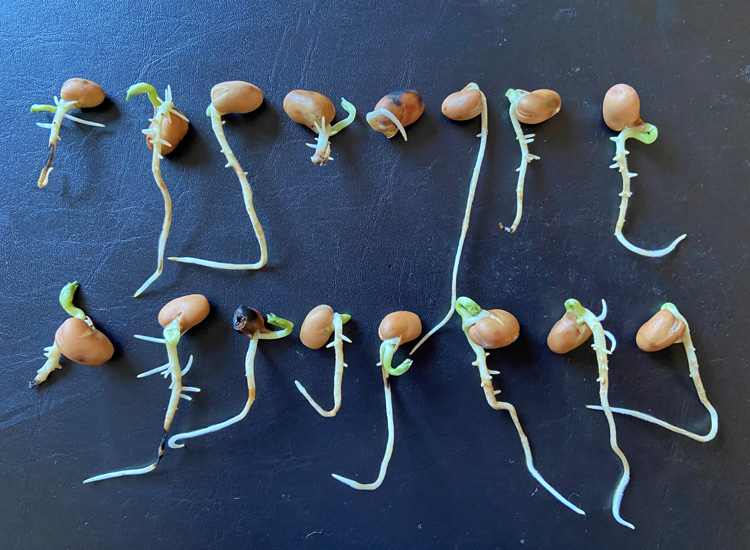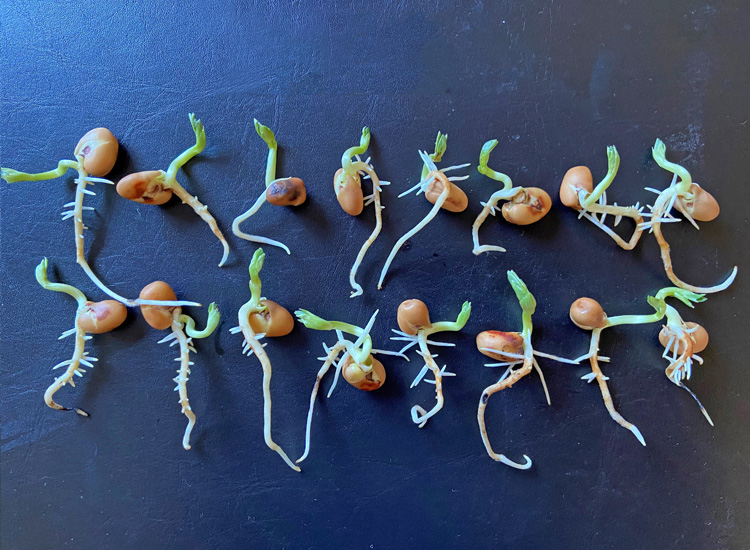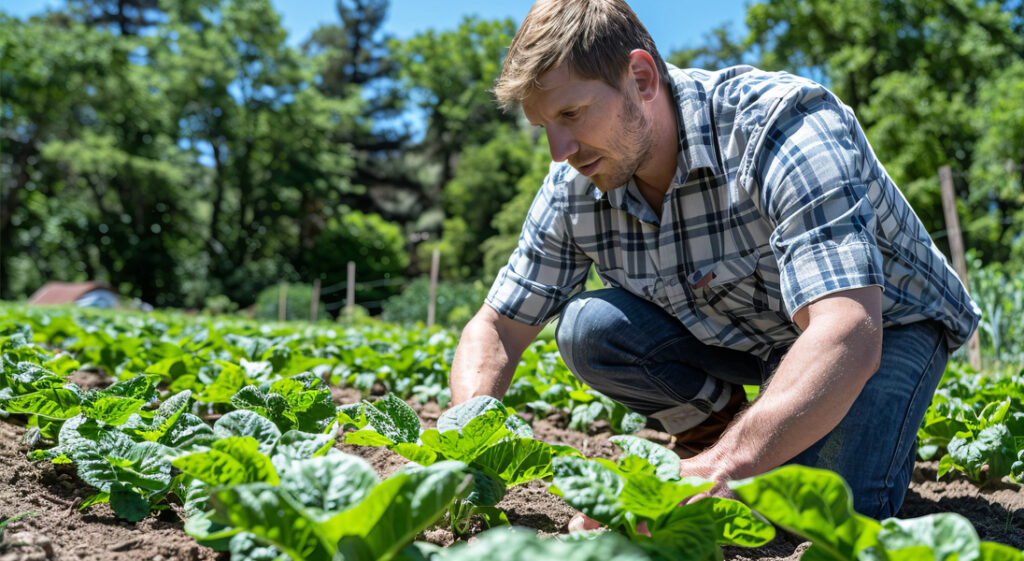How biostimulants for plants can influence the seed germination process
Insight

Maxstim complex biostimulants in agriculture are capable of influencing seed development to promote enhanced growth and development of seedlings.
An improved establishment of the seedlings will ensure healthier and more resilient plants.
Germination refers to the plant germination process – the period in a plant life cycle that starts when dry seeds are exposed to water, and is completed once a plant has developed a seedling and a functioning root. Within that time frame there is a shift from the seed being in a mature resting state, to a state of active growth, having initiated complex genetic, metabolic and physiological processes.
Whilst undertaking this developmental stage, germinating seeds and young seedlings are especially susceptible to drought and other abiotic stress, as well as disease or damage. This vulnerability highlights how important it is for the success of a crop to be reliant on high levels of seed germination, and for the plant to quickly establish itself as a seedling that may be more resilient to potential stressful events.
How Maxstim products affect germination
Following the application of our complex biostimulants to seeds, the following results were demonstrated in comparison to untreated seeds:
- Increased germination levels
- Quicker germination
- Increased root growth
- Enhanced growth of seedlings

Standard NPK

Maxstim Agriculture +
Coriander Trial: Seed germination

The research team at Maxstim have identified a number of plant genes that are upregulated as a result of treatment with our complex biostimulants, prompting dramatically improved germination as a direct response to that treatment.
Here are 3 genes in particular that are boosted by the application of Maxstim complex biostimulants:
Ubiquitin transferase
This gene plays key roles in multiple plant developmental stages including seed dormancy and germination, root growth, and several abiotic stress responses such as drought or high salinity
Protein phosphatase 2C
This is a negative regulator of ABA (abscisic acid, a germination inhibitor) signalling. It is produced in seeds during germination and up-regulated by drought and ABA.
EID1-3
Found in the ABA signalling pathway, this gene regulates seed germination, as well as plant responses to osmotic stress and water deprivation.
By developing our understanding of how biostimulants affect plants, Maxstim is ensuring we are better able to optimise our formulas to quickly and effectively boost the establishment of crop plants, improve plant resilience, and subsequently improve that harvest’s outcome for growers.
For more information please give Tony or Tim a call:
Tony Kelly
Email: tony.kelly@maxstim.com
Mobile: 07974 435417
Tim Cannon
Email: tim.cannon@maxstim.com
Mobile: 07884 586191

